Science & Nature
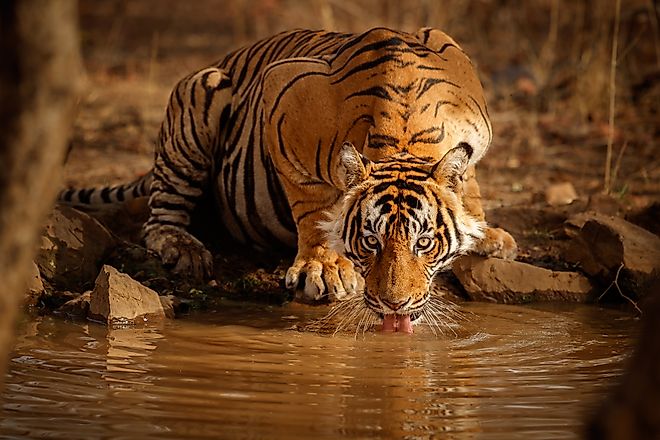
The 10 Largest Wild Cats in the World
Having been known to reach a maximum length and weight of 1.17 meters and 387 kg, respectively, tigers are massive animals.
How Many Species Are On Earth?
The true number of species on Earth remains unknown, with estimates ranging from two million to over eight million. There are 1.6-million known species.

Why Are Plants Green?
Plants are green because of how they absorb and reflect different wavelengths of light. Plants absorb red and blue light, while reflecting green light.

Why Does Ice Float?
When something is less dense than water, it will inevitably float when placed in water. Since ice floats, it must be less dense than liquid water.
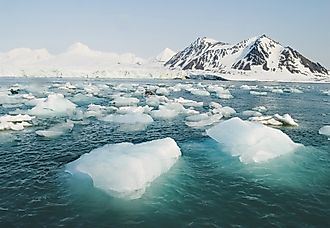
What’s The Longest Time Someone Has Been In Space?
The current record for most time in space during a single mission is 438-days, completed by cosmonaut Valery Polyakov from 1994 to 1995.

What Was The Big Bang?
The Big Bang model is a scientific theory that describes the very earliest moments of the universe, and how space and time evolved 13.8-billion years ago.

9 Tourist Attractions That Could Vanish Due To Climate Change
These eight hotspot tourist destinations are a "last minute call" that may soon disappear off the face of the Earth.
When Was The First Exoplanet Discovered?
The first planets found beyond our solar system were discovered around a pulsar in 1992, while the first planet found orbiting a star was in 1995.
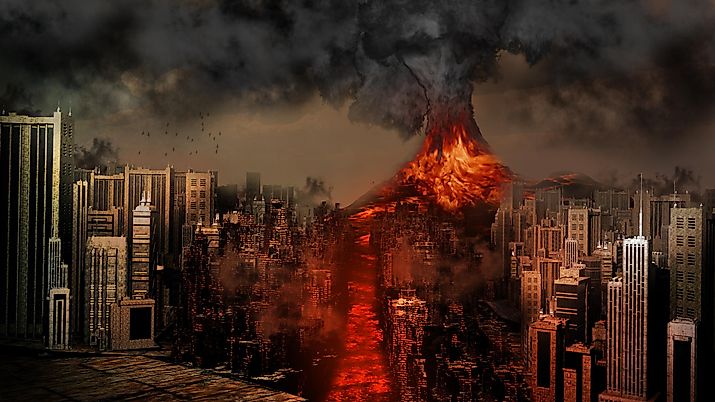
9 Cities That Could Be The Next Pompeii
Pompeii is widely known as one of the most famous victims of a deadly volcanic eruption. Situated next to diverse volcanoes, these 7 Cities all look to avoid the same fate.
What Is The Great Red Spot?
The Great Red Spot is a massive hurricane-like storm system located in the Southern Hemisphere of Jupiter’s atmosphere.
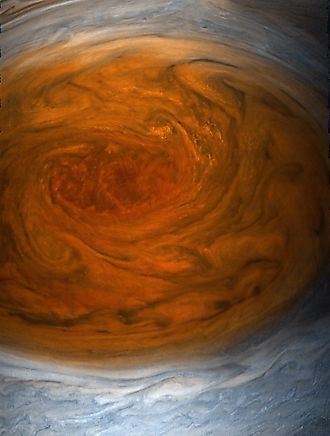
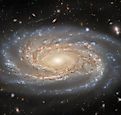
Astronomers Find Debris Of An Ancient Solar System
While observing the composition pf two white dwarfs, astronomers found evidence of a solar system that formed 10-billion years ago.

Countries With The Greatest Number Of Wild Tigers
The following article discusses the tiger populations worldwide and the countries with the highest number of wild tigers.

Where Do The Planets Get Their Names?
Almost all the planets in our solar system are named after the Roman gods, the only two exceptions being Earth and Uranus.
What Is Hubble’s Law?
Hubble’s Law is a law of physics that describes how the speed of a galaxy relative to us is directly proportional to its distance.
10 Animals That Kill The Most Humans
What animals kill humans? Here are 10 of the main culprits to watch out for based on the average number of humans killed per year:
How Many Types Of Pollution Are There?
Pollution is defined as the introduction of any contaminant substance or form of energy to the natural environment that can lead to a detrimental environmental impact.

What Animals Live In The Tropical Rainforest?
Of that impressive census, there are some iconic animals that instantly spring to mind. Here are eleven such specimens that reside in the tropical rainforests of the world.
What Was The Cambrian Explosion?
The Cambrian Explosion was a period in Earth history around 570 to 530-million years ago when life on Earth diversified at an accelerated rate.
Super Saturn Exoplanet Has Largest Known Ring System
The largest known ring system ever discovered belongs to an exoplanet nicknamed “Super Saturn”, whose rings are 600 times larger than Saturn’s main rings.
Scientists Discover Closest Black Hole
Scientists have recently discovered the closest known black hole, located at a distance of about 1,560 light years away from our solar system.

6 US Regions That Could Disappear Underwater By 2050
One meter of global sea level rise could displace 4 million people in the US. These six high-alert regions in the US could disappear under the ocean by 2050.

Scientists Discover New Class Of Exoplanet
Scientists have discovered a new class of exoplanet that is half rock and half water, making them the most water-rich planets ever discovered.

Scientists Find Evidence Of Ancient Ocean On Mars
Scientists have just recently uncovered evidence of a vast, ancient ocean that existed on Mars around 3.5-billion years ago.
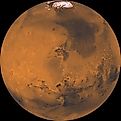
What Are Supernovae?
A supernova is a stellar explosion representing the final stage of a star’s life. Supernova generally occur in stars 8 to 15 times the mass of the sun.
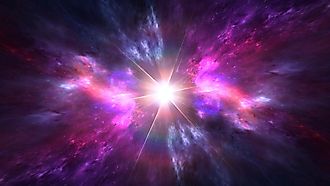
How Fast Did The Moon Form?
A new model predicts that it took the moon only a few hours to form after the Earth was impacted by another planet 4.5-billion years ago.

10 Animals That Sleep The Most
Sleep is a strange fact of life for (nearly) all sentient life forms. These nine animals bank the most hours dozing each day.

Tree Rings Reveal Evidence Of Radiation Storms
Over the last 10,000 years, the Earth has experienced multiple bombardments of radiation called Miyake Events. The exact cause of these events is a mystery.

Why Do The Gas Giants Spin So Fast?
The gas giants spin significantly faster than the rocky planets, likely due to the amount of angular momentum involved in their formation.

10 Wettest Cities In The United States
Across the United States, several cities experience higher than average rainfalls. Here are the Top 10 Wettest Cities in the United States.
Five Space Pictures To Celebrate Halloween
Objects in space can appear beautiful and terrifying. Some images of celestial objects even make it seem like the universe celebrates Halloween.
The 5 Wettest Places On Earth
For some places, rainfall is a daily occurrence, and often there can be non-stop downpours of water! This article looks at the 5 Wettest Places on Earth.

How Much Does A Gallon Of Water Weigh?
How much does a gallon of water weigh? Put simply, a gallon of water weighs about 8.34 pounds (3.78 kilograms).
10 Largest Power Stations In The World
There are multiple types of power stations, including both renewable power sources and non-renewable power sources.
8 Countries That Could Vanish Due To Climate Change
These eight countries helplessly pend global warming effects, with a grim future of being literally washed off the map entirely.
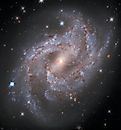
What Is The Great Attractor?
The Great Attractor is a gravitational anomaly that all nearby galaxies are moving towards. It is hidden from view by the plane of the Milky Way.

What Is The Doppler Effect?
The Doppler Effect describes how wavelengths of sound and light change depending on the velocity of an object relative to our position.

NASA Releases New Image Of The Pillars Of Creation
The James Webb Space Telescope has captured the most detailed, highest resolution image of the Pillars of Creation to date.
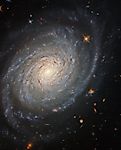
What Is Parallax?
Parallax is a method for determining distance, generally used in astronomy to find the distance to objects within the Milky Way Galaxy.
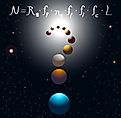
What Is The Drake Equation?
The Drake equation was devised by Frank Drake in 1961 as a way to estimate the total number of alien civilizations in our galaxy.